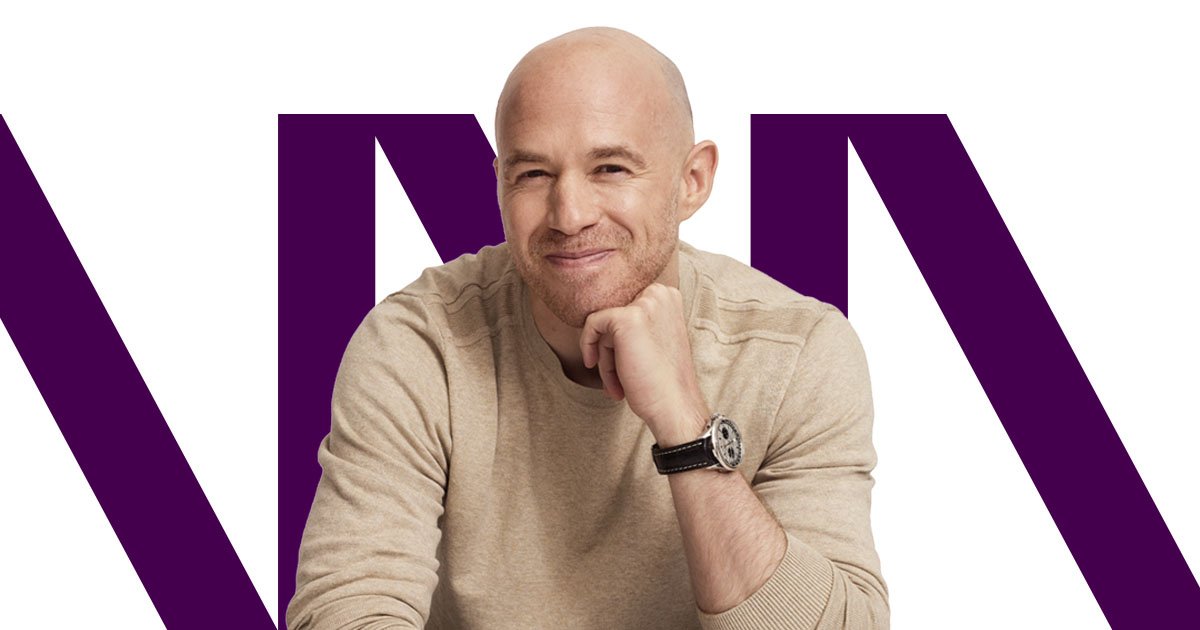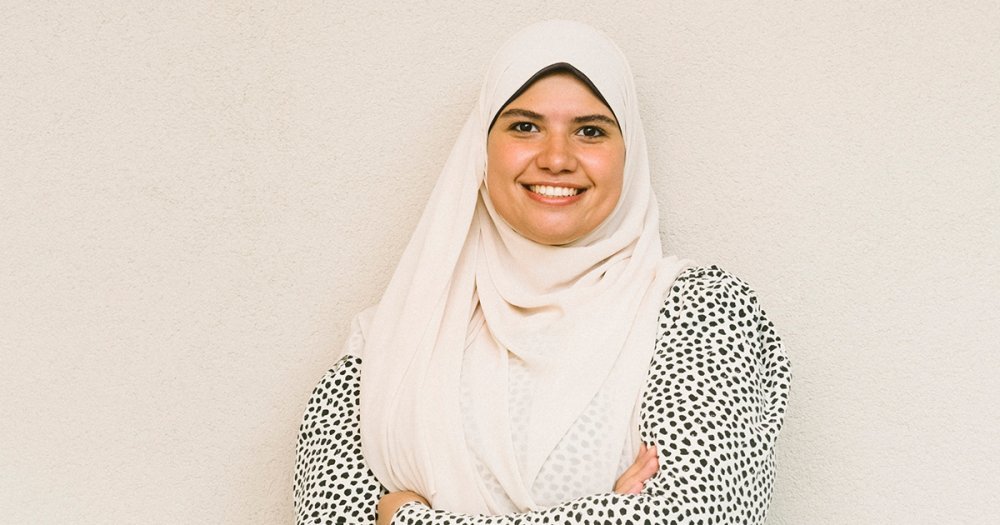
“Continuous learning is worth it because it makes you think about things you’ve never thought about before, discuss topics you’ve never discussed before, read about themes you’ve never read before, and acquire tools and skills to do your job better.”
This is how Daniel Rigas, Learning-Knowledge-Quality Lead responsible for Player Experience at Supercell, describes continuous learning.
He thinks about learning as a cycle: studying, practical experimentation, analyzing practical experiences, readjusting, experimenting again, measuring impacts – then learning again. Although various theories exist for learning cycles, Rigas describes his personal experience.
Continuous learning teaches you to navigate in different contexts and situations.”
”Continuous learning teaches you to navigate in different contexts and situations.”
Rigas describes learning as opening the door to a new world. Most recently, he has been studying finance.
”It’s like learning a new language,” he sums up. ”I used to be mostly focused on people, but now I feel like a door has opened to numbers as well. It’s like, wow, I didn’t realize this before. It’s just amazing, the feeling you get.”
Rigas says he now likes to download financial statements of various companies. When you grasp numbers, they start to talk. It has sparked an interest in him to understand them more deeply. ”Now, when I look at my own organization, I see the big picture, the owner’s perspective, not just my personal silo.”
For Rigas, it’s not about shifting the focus from people to numbers. Instead, studying helps you keep multiple aspects in mind at once. It really is like learning a new language; you don’t forget existing skills but gain new ones alongside them while new horizons open up.
”I’m only scratching the surface in getting to know the world of finance. It’s made me hungry for more, so I plan to continue my studies.”
According to Rigas, continuous learning can also be compared to a map. You are constantly traveling to new places, immersing yourself in a particular area, learning, gaining new perspectives, and continuing your journey as a slightly different person.
Rigas recently completed the MBA program at Aalto EE. The studies involve reflecting on one’s learning and keeping a learning diary. Studying alongside work is no plain sailing.
When you study self-management, you become aware of tricky situations and learn to handle them effectively, identifying what works and what doesn’t.”
Time management is stressful, and sometimes work keeps him up at night. The solution to the workload is not to quit the studies but to put the learnings into practice. “When you study self-management, you become aware of tricky situations and learn to handle them effectively, identifying what works and what doesn’t.”
With experience comes the ability to turn fears and insecurities into curiosity, says Rigas. “There are so many things we don’t understand. You need to find a way of living that keeps you constantly open to learning. Gradually, you start to see difficulties as opportunities for learning.”
There is no right time or moment to study more, thinks Rigas. After finishing his MBA, he wrote on LinkedIn: “To anyone reading this who is considering taking a small or big step for personal or professional development, I encourage you to dive straight in!”
Get to know our other customer stories and join leaders and professionals like you















